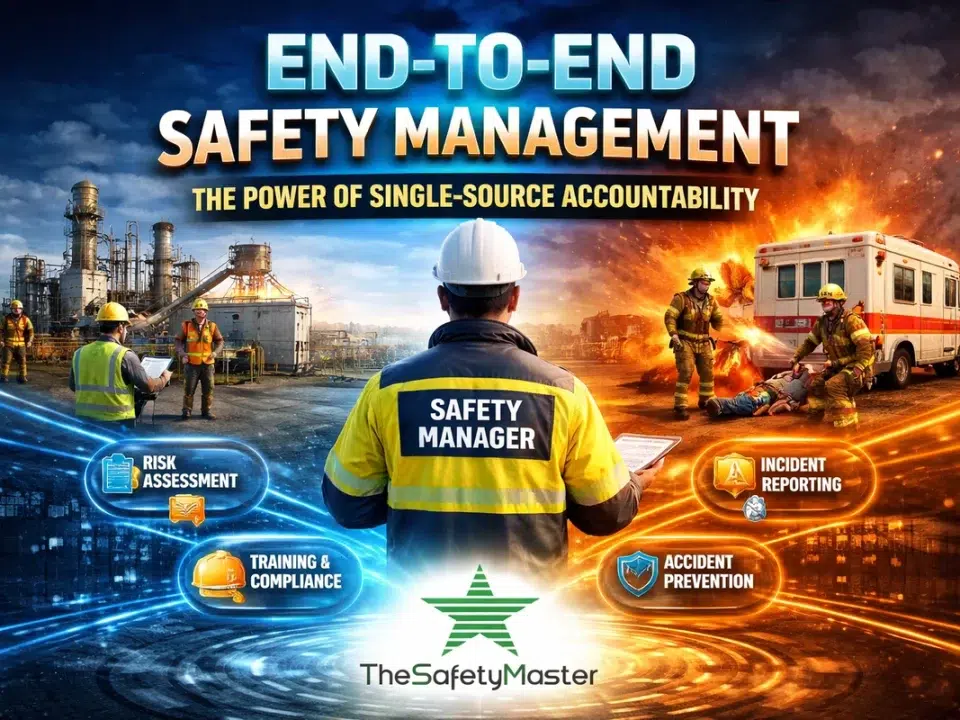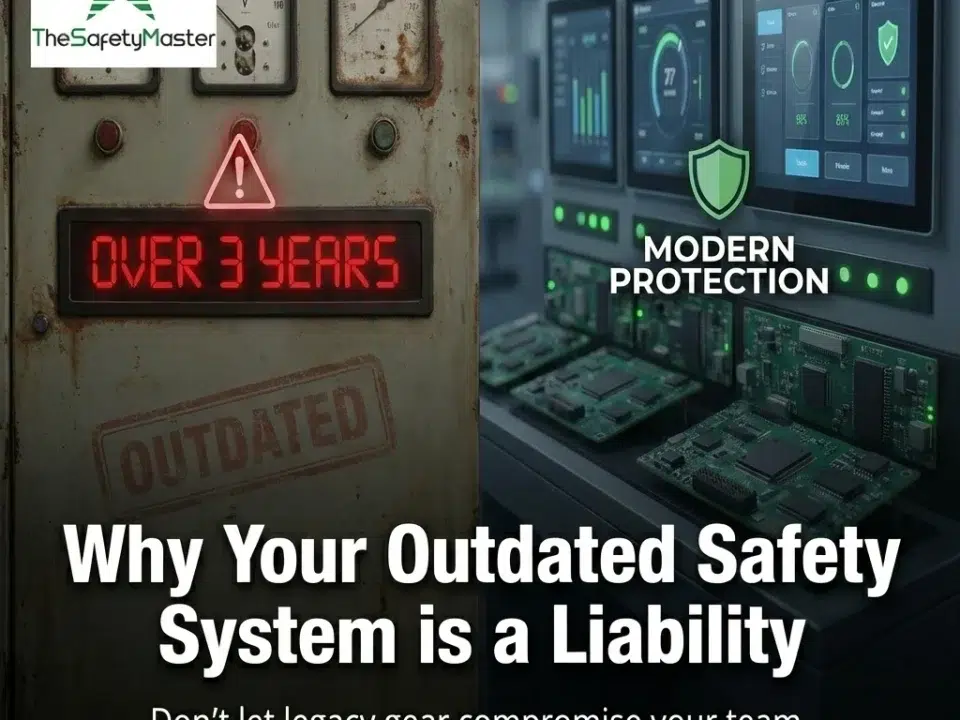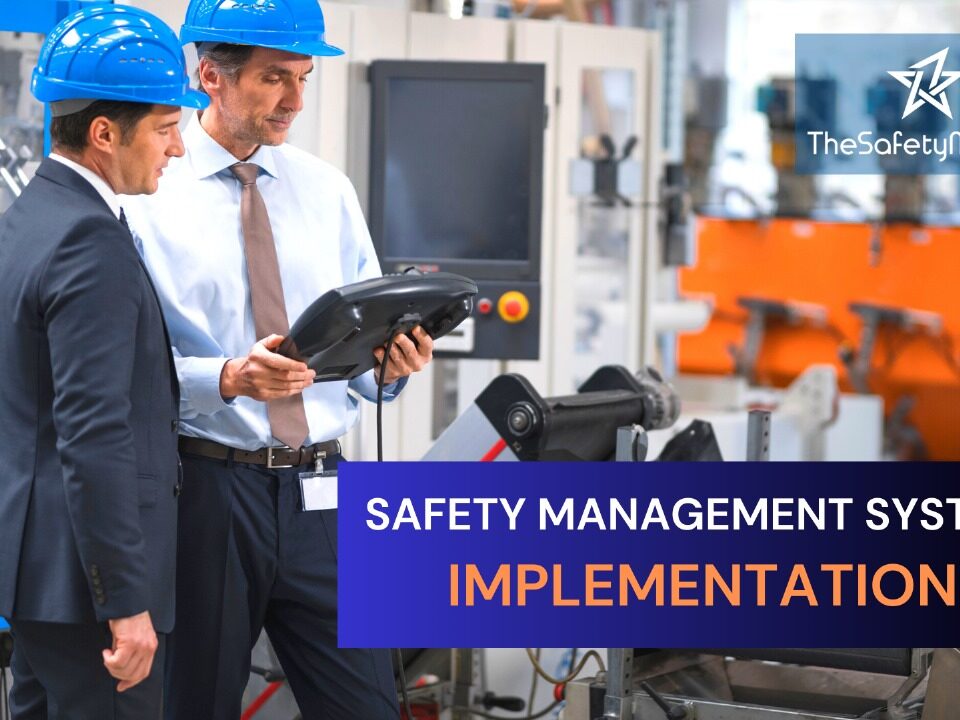HAZOP Study & Process Safety Management in Surat – Why Every Chemical Plant Needs It in 2025

Building a Culture of Safety in Gurugram, Manesar & Bawal Industrial Areas
November 20, 2025
SIL & LOPA Implementation for Pharma & Chemical Industries in Vadodara – Avoid Legal Risks
November 26, 2025Surat’s chemical industry is growing fast. Plants are getting bigger, processes are getting more complex, and expectations around safety are much higher than they were even five years ago. If you run or manage a chemical plant in Surat, you already know the pressure. Regulators want tighter compliance. Clients ask for detailed safety records. Insurance companies check your risk controls before renewing your coverage. And your workers expect a safe environment where they do not have to worry about leaks, fires, or equipment failures.
This is exactly why two things matter more than ever in 2025: a solid HAZOP, and a strong Process Safety Management system. One identifies your risks. The other makes sure you control them every day. Add a proper Safety Audit and a reliable Fire Audit on top, and you have a plant that can run without constant fear of an incident shutting it down.
Let’s break all of this down without the complicated textbook talk.
Why Surat’s Chemical Sector Cannot Ignore Risk in 2025
Surat’s industrial zones are expanding at a pace that forces plants to run continuously. The downtime windows are shrinking. Upgrades are happening on the fly. Plants are mixing old machinery with new automation. Contractors are handling a large chunk of day-to-day work. And many plants are storing or processing flammable, reactive, or toxic chemicals that can turn dangerous with only one mistake.
If something goes wrong, you do not just lose production. You deal with shutdowns, investigations, penalties, angry clients, media pressure, and long-term reputation damage. A single fire or toxic release can ruin years of hard work. That is the reality every plant in Surat is living with.
This is why you cannot treat safety as a formality anymore. You need systems that catch problems before they grow. You need processes that stay reliable even when the plant is under pressure. You need people who understand the risks and know how to handle them.
That starts with HAZOP and PSM.
What a HAZOP Really Does for a Plant
Many companies think a HAZOP is just another audit to tick off a list. That attitude is exactly why incidents keep happening. A good HAZOP is not a formality. It is a deep, structured look at what can go wrong in your process and why.
A Hazop Study helps you understand where your process can deviate from what you expect. It forces you to look at what would happen if flow increases, temperature drops, pressure rises, a pump fails, a valve sticks, or a control loop does not respond. You think through real scenarios, not made-up theoretical ones.
Here is why HAZOP matters in 2025:
• Plants use more automation. If a system fails silently, you need to know what the consequences look like.
• The processes in Surat’s industries are more hazardous than ever. Dyes, solvents, and specialty chemicals come with heat, pressure, and reaction risks.
• Global clients now demand documented risk analysis before placing orders.
• Insurance companies treat HAZOP as a sign of a responsible operator.
• New employees and contractors may not fully understand older process setups. A HAZOP exposes those gaps.
You cannot fix what you do not understand. A HAZOP shows you the weak points and gives you a chance to strengthen them before an accident decides the timeline for you.
Why Process Safety Management Is a Bigger Deal Than People Realize
A HAZOP is only the starting point. Once you know the risks, you need a system that keeps them under control every single day. That is where Process Safety Management steps in.
Think of PSM as the operating system of your plant. It covers everything from design, training, mechanical integrity and permit systems to emergency response and change management. Without it, even the best process design becomes unreliable over time.
Here is why PSM is non-negotiable in 2025:
• Plants are running 24×7, and regular oversight is the only way to prevent small issues from turning into disasters.
• Workforce turnover is high. You cannot depend on memory or assumptions. Processes need documentation and discipline.
• Older plants in Surat are expanding or adding new lines. Without proper management of change, you inherit new risks without noticing.
• Regulators in Gujarat have increased expectations around process safety.
• International clients choose suppliers who can demonstrate long-term reliability.
PSM is not about paperwork. It is about creating habits that make your plant safer when things get hectic, which is when accidents usually happen.
How a Safety Audit Strengthens Day-to-Day Reliability
Once you implement PSM, you need a way to check whether people are actually following it. This is where a Safety Audit helps.
A good audit does not blame people. It shows you gaps you probably missed. It checks procedures, permits, equipment conditions, training levels, emergency readiness and whether your documented system matches reality. Most plants think they are following safety protocols until an audit shows otherwise.
The real value of a Safety Audit is consistency. You cannot rely on guesswork. You need evidence that your plant is operating safely even during busy periods, shutdowns or manpower shortages.
Why a Fire Audit Has Become Critical in Surat
Fires are the most common industrial incidents in chemical plants. Many of them start small. A short circuit. A leaking valve. A hot surface near a flammable drum. A poorly maintained pump. And within minutes, you have a full emergency.
A Fire Audit tells you exactly where the fire risks are and whether your systems are capable of handling them. It checks detection, prevention, suppression, evacuation and firefighting readiness. Most companies only realize their gaps after a fire breaks out.
A proper Fire Audit prevents that. It makes you face the weaknesses before they become news headlines.
The Real Impact of These Systems on Surat’s Chemical Industry
Let’s be honest. Many companies only focus on production. Safety becomes a priority only after something goes wrong. But the plants that survive long-term do not run that way. They invest in risk control before they expand operations. They train people. They maintain equipment. They review their processes regularly. And they understand that safety is part of profit, not a distraction from it.
When you combine HAZOP, PSM, Safety Audits and Fire Audits, you get a plant that:
• Prevents catastrophic failures
• Reduces downtime
• Improves worker confidence
• Maintains steady production even during challenging conditions
• Meets client and regulatory expectations
• Avoids legal trouble
• Protects assets and reputation
No plant in Surat can afford to ignore this anymore. The industry is too competitive. The risks are too high. And the consequences of failure are too damaging.
What Your Plant Should Do in 2025
Here is the simple roadmap that works:
- Do a fresh HAZOP focused on your highest-risk sections.
- Build or strengthen your PSM system so that your risk controls stay active every day.
- Conduct a Safety Audit to check whether your systems are followed.
- Complete a Fire Audit to confirm your site can handle real emergencies.
- Train people so that you do not depend on luck or assumptions.
- Review everything once a year. No exceptions.
This is not about being perfect. It is about being prepared.
Final Thoughts
If you run a chemical plant in Surat, 2025 is not the year to take chances. The industry is growing, but so are the risks. The companies that win are the ones that understand their hazards, control them with disciplined systems and check their readiness regularly. A strong HAZOP, a reliable PSM framework, and consistent audits give you exactly that.
These tools protect your workers, your plant, your reputation and your business future. And right now, every chemical plant in Surat needs that level of protection.




